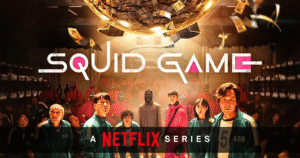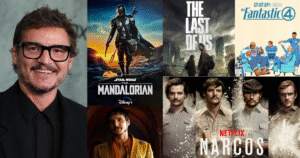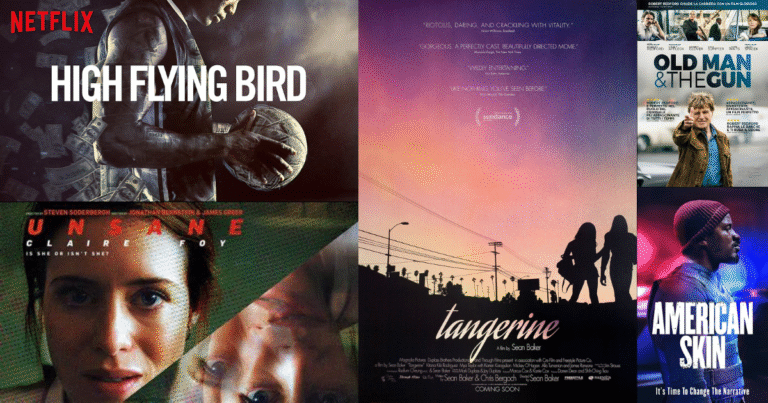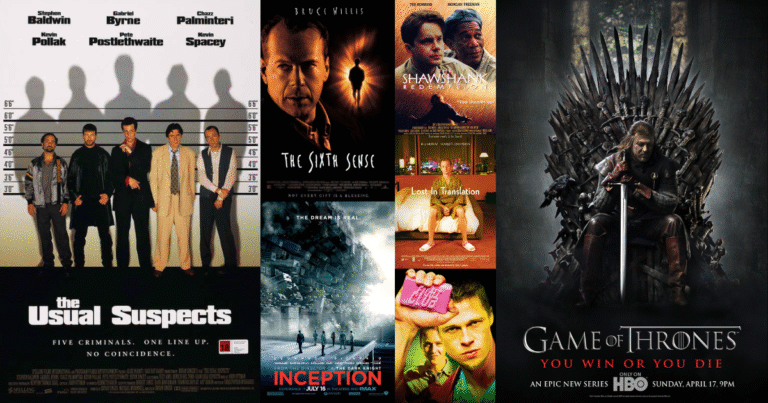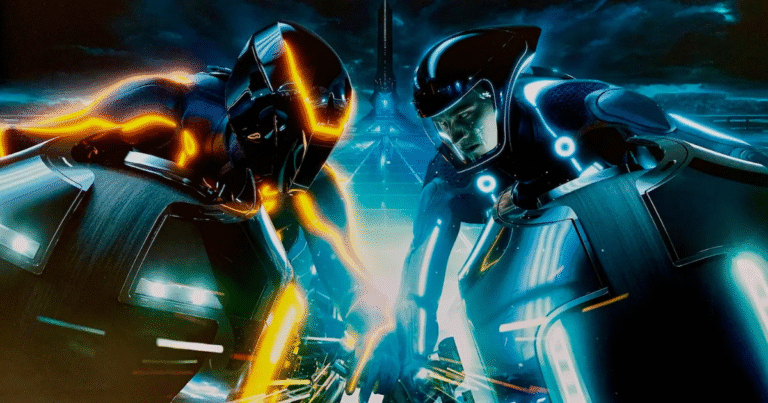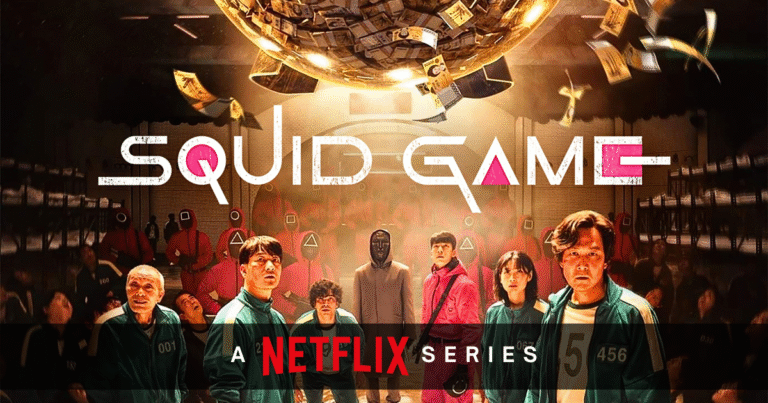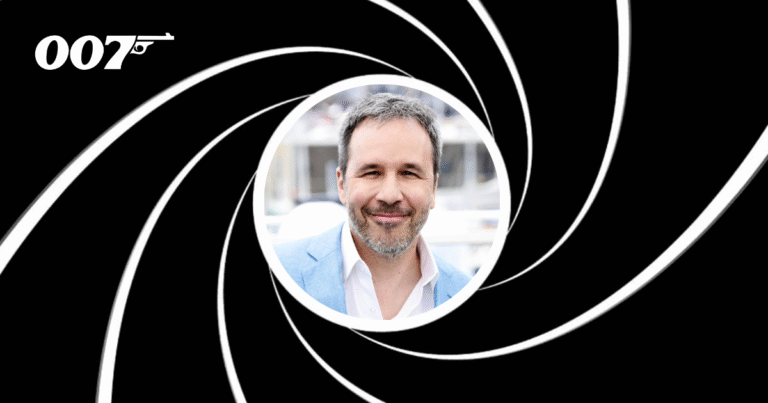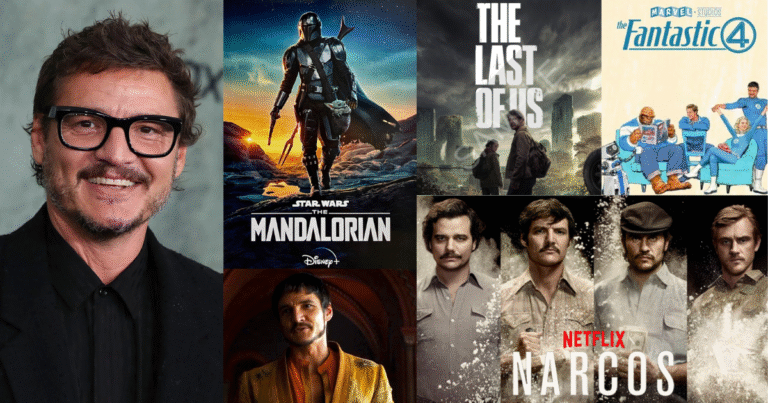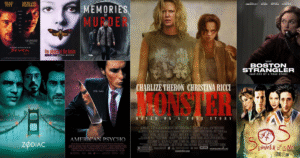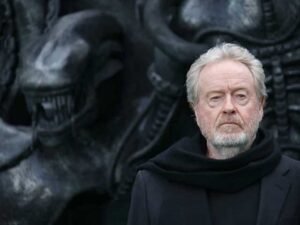In today’s world, where AI, CGI, and advanced technology are changing the way films are made, one thing remains irreplaceable: human emotion.
While computers can create stunning visuals and effects, they can’t replicate the feelings that human actors and real-life experiences bring to a film. Let’s dive into why emotions—the raw, real, messy kind—are still the soul of every great story.
- Emotion Connects Us to the Story
Think about your favorite movie. Chances are, it’s the characters’ emotions—not just the plot or special effects—that stayed with you. Whether it’s the joy of a wedding, the pain of loss, or the thrill of a victory, it’s the human feelings in the film that make us connect with the story.
In The Pursuit of Happyness, it’s Will Smith’s portrayal of struggle and hope that makes us root for him, not the high-tech visuals or complex special effects. His raw emotion pulls us in and keeps us invested in his journey.
- Technology Can’t Replace the Depth of Human Performance
AI and CGI can do incredible things, but they can’t feel. No matter how advanced technology becomes, it’s still the human actor who brings a character to life. The subtle change in an actor’s expression, the tone of their voice, and the way they react to a situation adds layers to the film.
Think of The Godfather. Marlon Brando’s portrayal of Don Vito Corleone is full of layers—grief, power, love, and fear—that can’t be created through technology alone. It’s his emotion, his presence, that makes the film unforgettable.
- Emotion Transcends Language and Culture
One of the most beautiful things about emotions is that they’re universal. Whether you speak English, Spanish, Hindi, or any other language, human emotions are something everyone understands. A tear, a smile, a moment of silence—these things speak to us all.
Take Parasite, for example. Despite being in Korean, the emotions of class struggle, family bonds, and desperation resonate with people worldwide. It’s the feeling of the story, not the language, that makes the film relatable to audiences everywhere.
- Stories Are About More Than Just Technology
Technology in film is incredible. CGI can create magical worlds, and AI can help with editing and production. But the story itself is still driven by the characters’ human experiences.
In superhero films like Avengers: Endgame, the dazzling effects and battles are exciting, but the emotional moments—like Iron Man’s sacrifice or Captain America’s farewell—are what make us care. We’re not just watching a big spectacle; we’re feeling with the characters, and that’s what makes the story unforgettable.
- AI Can’t Replace the Subtlety of Human Emotions
One of the things AI struggles with is understanding the subtle emotions that humans feel. Emotions are complicated. A single glance, a small gesture, or an unspoken word can carry more meaning than a whole paragraph of dialogue.
In Her, Joaquin Phoenix’s character forms an emotional bond with an AI, but it’s the way he portrays loneliness, yearning, and heartbreak that makes the film so powerful. The subtlety of his performance captures what words and technology can’t.
Final Thoughts
While AI and technology will continue to shape the future of filmmaking, one thing is clear: human emotion will always be the heart of great stories.
No matter how far technology takes us, we’ll always need real, raw feelings to connect with the stories we tell. That’s what makes films truly unforgettable—it’s the emotions that stay with us long after the credits roll.
